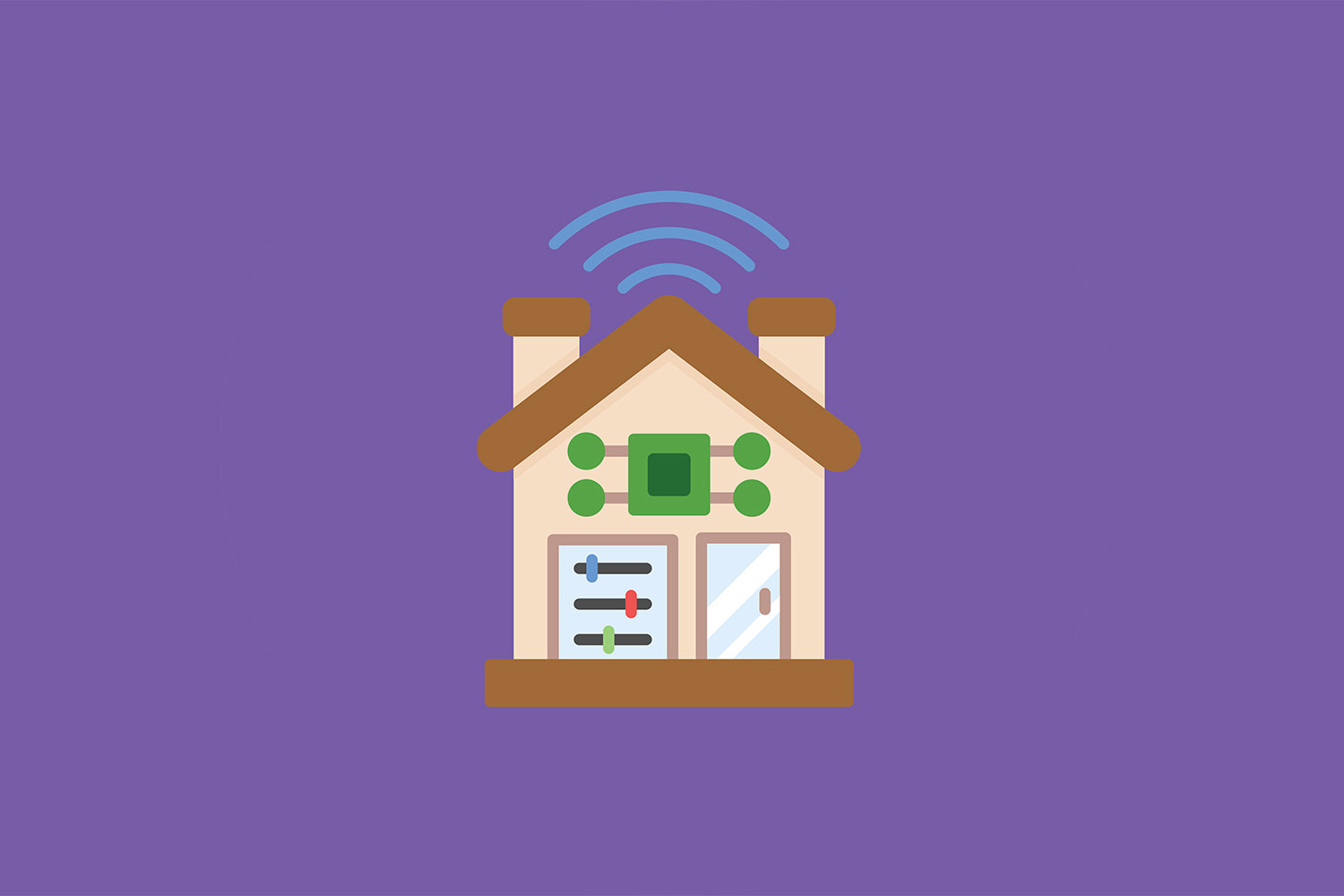Table of contents
In an age when technology reigns supreme, converting your house into a smart home can be less of a luxury. It can be a necessity!
From increasing comfort and convenience to boosting security and efficiency, the benefits are endless.
Let’s delve into this complete guide to simplify your transitioning process into a world of intelligent living spaces.

Optimize Your Wi-Fi for Connectivity
Exploring the smart home experience begins with solid Wi-Fi connectivity. As the backbone of your intelligent system, a stable and fast connection ensures all gadgets work seamlessly together.
To get started, place your router in a central location and consider a mesh network if you’re dealing with larger spaces.
Understand the Smart Home Hub Concept
The role of a smart home hub is vital in controlling all your connected home devices. It acts as the mission control for your smart home, allowing you to command various devices through a single platform.
From automated light bulbs to Alexa-enabled devices that make life easier, this centralized system simplifies your interconnected detail management.
Start With Your Garage Door Opener
Beginning your smart home journey with small steps, like programming your LiftMaster garage door openers, is a practical approach.
In case you are yet to, upgrading to a smart garage door opener along with smart locks brings the comfort of controlling access directly from your smartphone.
This little change can introduce you to the convenience and benefits of automation without any dramatic shifts in your lifestyle. It’s also a step toward a more secure home.
Explore Voice-Controlled Devices
Voice assistants like Amazon’s Alexa, Apple Home Pod or Google Home are key elements in modern smart homes.
Such devices allow you to control other connected gadgets with simple verbal commands, adding an extra layer of convenience.
From turning off lights to controlling your smart TV, say it and watch as your house obeys.
Secure Your Smart Home System
With technology advancements, comes the responsibility of keeping your digital home secure. It’s crucial to set strong, unique passwords for all smart devices and regularly update them.
Usage of two-factor authentication wherever possible is a healthy practice. Greater security can help you avoid potential digital threats, ensuring peace of mind in your automated house.
Why Lighting Should Be Automated
Imagine walking into a room and the lights turning on automatically. That’s what automation can bring to everyday tasks!
Incoming data from movement sensors or used in tandem with voice assistants, smart lighting enhances your living experience.
Efficiency, convenience, and energy-saving are just a few of the compelling benefits.
Monitor With Security Cameras
Adding another layer to your home’s security system, smart cameras protect your family and property.
They provide real-time footage, deliver alerts on suspicious activity, and allow remote monitoring from smartphones. Below is a quick look at the various options available on the market.
Smart home security camera options
- Indoor Wireless Cameras: Ideal for monitoring inside your home.
- Outdoor Wired Cameras: Best for keeping an eye on your property’s exterior.
- Video Doorbell Cameras: Useful to observe anyone at the front door.
- Pan-Tilt-Zoom Cameras: Offers a comprehensive view with movement capabilities.
- Hidden Cameras: A secretive solution ensuring undetected surveillance.
- Night Vision Cameras: Perfect to ensure security during dark hours.
Ensuring indoor and outdoor security with tech-integrated surveillance surely provides a sense of relief when away from home.
To sum up, going smart with your home is an engaging journey that offers improved lifestyle quality. Taking control of all your household details right from the palm of your hand is a step towards innovation. Hopefully, this will let you embrace the intelligence and convenience of a smart home — because you deserve ease in every aspect of life!
